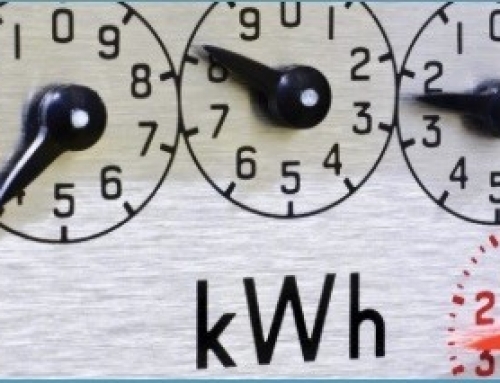By Julian Singer
On 12 July 2021 Inspired Energy PLC announced that it was changing its name to Inspired PLC. This seemingly innocuous change highlighted the move of the company from being solely an energy consultant to one that also sold software and provided services related to Environmental, Social and Governance (ESG) issues.
Inspired was formed in 2000 and admitted to AIM in 2011. Its main activity was as an energy broker, using its expertise in energy markets and risk analysis to advise businesses how best to procure their electricity, gas and water, and then helping them check invoices, monitor consumption and interface with energy suppliers. The company expanded by taking over other brokers and now has over 3,400 clients in the UK and Ireland that typically spend more than £100,000 per year on energy and water. The company had been divided into a Corporate Division and a Small and Medium Enterprise Division, but the latter was sold through a management buyout in 2020.

The company has also expanded by providing advice on how clients can optimise their energy usage by reducing consumption, increasing efficiency and meeting their net carbon goals (“use it better” as well as “buy it well”, in the company’s jargon), and more recently by providing ESG solutions.
The latter are divided into disclosure services and impact services. The former help businesses prepare the multiple disclosures they are now obliged to make on ESG matters, while the latter help design policies that enhance their performance in these matters. ESG disclosures determine the business’s ESG rating which increasingly affects investor’s decisions. Many businesses will find these disclosures complicated and frightening, and will no doubt welcome professional advice.
In addition, the number of businesses that have to disclose their ESG status was greatly expanded in 2019 when Streamlined Energy and Carbon Reporting (SECR) was introduced. Quoted companies of any size were already obliged to make some disclosures but now large unquoted companies and large Limited Liability partnerships needed to as well. “Large” was defined as any company or partnership that had two of the following: a turnover (or gross income) above £36m, a balance sheet above 18m or more than 250 employees. This added some 12,000 companies or partnerships, all potential clients for Inspired’s services.
As a result, Inspired is now organised into three divisions: Energy Solutions, which includes Energy Assurance Services (“buy it well”) and Energy Optimisation Services (“Use it better”), and provided 96 per cent of the revenue in 2020; Software Solutions, which licences software developed by the company and which contributed 4 per cent of revenue in 2020; and ESG Solutions which was just starting up at the time.
In a trading update on 31 January 2022, the company announced that group revenues for 2021 would be about 48 per cent higher than in 2020, when they were £46.1m, and that adjusted EBIDTA[1] would be about 55 per cent higher than the £12.8m in 2020. However, these large increases are misleading as 2020 had been a poor year, with EBITDA down from previous years and with a loss of £11m following profits in the previous six years. These results were mainly ascribed to covid, which affected the Energy Assurance division because its revenue is linked to client energy consumption and the Energy Optimisation division because access to properties was restricted.
Revenues in 2021 were lifted partly by the return to more normal work business after lockdowns, but also by the active energy market and the push for net zero as well as by two new acquisitions (Businesswide Solutions Ltd and General Energy Management Ltd). The ESG division started to generate revenue (about £1m). Overall, the company feels it is in a good position with a product that is increasingly in demand, a good order book and generating sufficient cash from operations.
The market is possibly not as enthusiastic as the Board. Over both one and five years the share price has performed better than the AIM100 index but does no better than the FTSE100 and FTSE250. It stands today at 17.5 pence.
[1] Adjusted EBITDA is earnings before interest, taxation, depreciation and amortisation, excluding non-recurring items and share-based payments.


